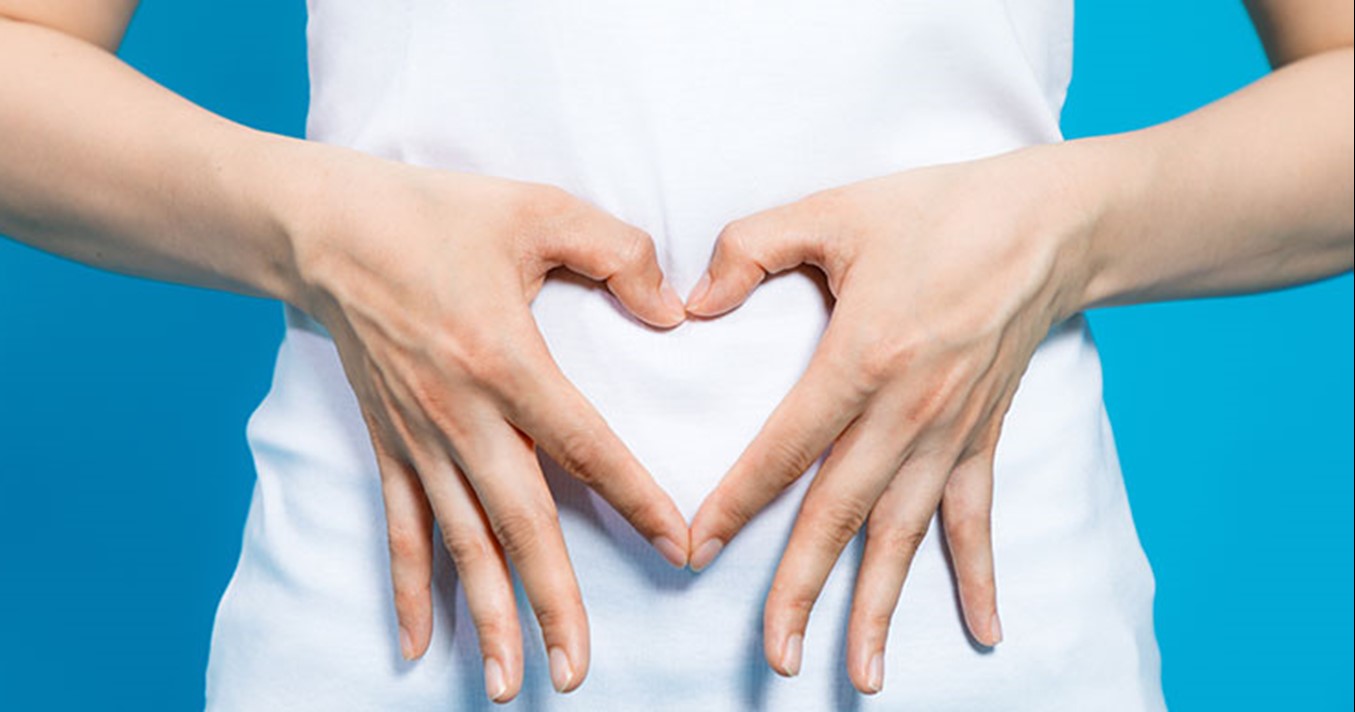- Healthcare
- Wellness & beauty
- Healthactiv news
The little guys in the gut determine which diet is best for losing weight!

Researchers have developed a mathematical calculation platform that makes it possible to predict how different patients might respond to a modified diet, depending on the composition of their gut microbiome.
The aim of this method was to identify each person’s bacterial flora and their metabolism in order to elucidate the basic mechanisms in human metabolism. This principle might also be relevant for individual risk to type 2 diabetes, hardening of the arteries and obesity, as well as depression and even the ability to respond to certain cancer treatments. Thus, this study by Shoaie et al, is of potential relevance to all people afflicted with diabetes, including those in Mauritius.
It is estimated that the human digestive system contains up to 1,000 different types of bacteria and other microorganisms and which play a crucial role in the host’s energy regulation and metabolism. The composition of the human gut microbiome greatly varies between individuals, and the reasons behind this are unknown. It is thought that everyone is born with a unique microbiota which is heavily influenced by food and lifestyle habits. However, it is now beginning to be clear that there is an association between some diseases and the composition of the gut microbiome. The interaction of microorganisms with food, the host and one another is a complex process. In this study published in the journal of Cell Metabolism, it has been shown that the mathematical modelling that has been developed by a team of scientists actually works.
First the gut microbiome was explored for a group of overweight patients, who were subsequently put on a weight loss diet. As expected, they all lost weight. Interestingly, in patients with low-diversity gut microbiome, the content of several substances that generally indicate health risks was reduced in the individuals' blood and faeces. This was in contrast to patients who had gut microbiome with greater biological diversity, whereby their health was not affected to the same extent.
One potential reason for this difference is thought to be related to the fact that the intestines of the individuals with low-diversity gut microbiome produce fewer amino acids when on this diet. In the short term, it is thought that this mathematical tool will enable physicians to identify overweight patients at higher risk of cardio-metabolic disease and who could achieve major health benefits by modifying their diet and losing weight. It is expected that in future, patients might benefit from this sort of bespoke diet recommendations according to the gut microbiome signature of individual patients.
The computational algorithm enabled calculation of micronutrient content in different food items, making it is possible to calculate how diet impacts the metabolism in the human gut microbiome. This study also found that subjects with low gene counts (LGC), having a compressed gut microbiota, respond better to dietary intervention than subjects with a high gene count (HGC), due to differences in the metabolism of the gut microbiota in the two groups. This may also partly explain why some individuals do not lose weight despite strenuous exercise in contrast to those who respond to exercise and lose weight. Nevertheless, it is clear that we are not alone! There are thousands of living bacteria in our intestines and gut, which influence our physiology, mood, preference for food and general health.
Probiotics are already popular and in use but these bacteria mainly serve to stabilise the intestines and create a favourable environment. The next generation of probiotics should be engineered to incorporate bacteria that integrate directly with the existing gut microbiome and make a lasting and positive change to the composition.
Author: Dr Reshma Ramracheya is a group leader at the University of Oxford with over 18 years of experience in teaching and medical research.
Reference
Shoaie S, Ghaffari P, Kovatcheva-Datchary P, Mardinoglu A, Sen P, Pujos-Guillot E, de Wouters T, Juste C, Rizkalla S, Chilloux J, Hoyles L, Nicholson JK; MICRO-Obes Consortium, Dore J, Dumas ME, Clement K, Bäckhed F, Nielsen J. Quantifying Diet-Induced Metabolic Changes of the Human Gut Microbiome. Cell Metab. 2015 Aug 4;22(2):320-31. doi: 10.1016/j.cmet.2015.07.001.



